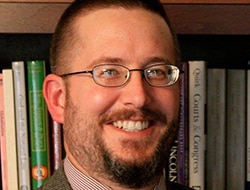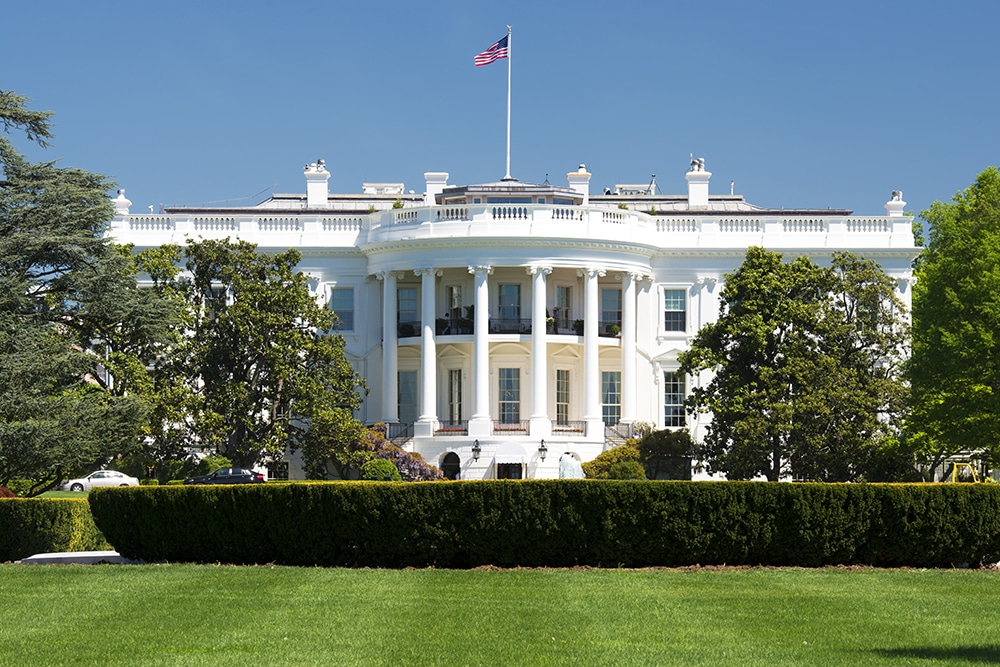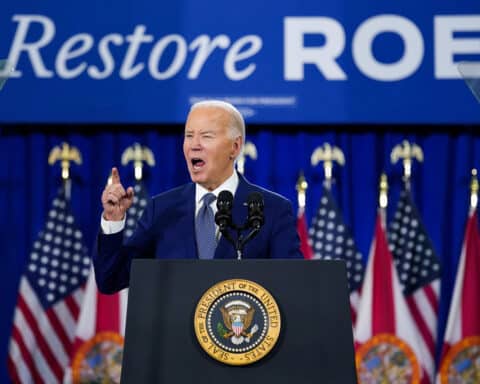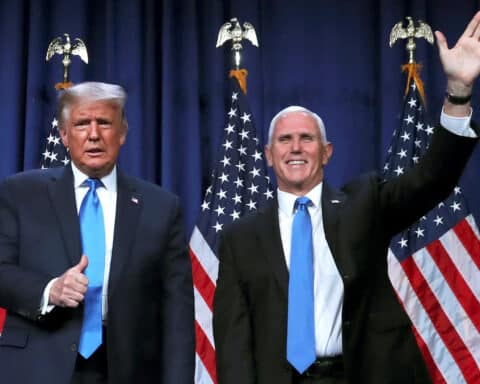
I’ve asked that question for 20 years now, with different names swapped in every four years. Throughout that same period, I’ve publicly discussed my voting record in every presidential election since 1988, the first year in which I was able to vote for president. Come Nov. 3, my ninth presidential election, I will have voted for one Republican candidate (George H.W. Bush in 1988) and zero Democratic candidates. In seven of the other eight elections, I voted third party (on those few occasions when a reasonable candidate was available to me) or write-in. And in 1992, I did not vote, because I was a graduate student at The Catholic University of America and chose not to navigate the (at that time, at least) byzantine system of voter registration in our nation’s capital.
The most common reaction to the question at the top of this column is surprise, and occasionally shock or even anger, at the idea that anyone (but especially someone with a background in political science who has been politically active throughout his life) would consider voting for someone other than the Republican or the Democratic candidate for president. But my question isn’t about whether voting third party is a viable alternative to the choices presented by the major parties, or even whether Donald Trump and Joe Biden are the best possible candidates that the Republicans and the Democrats could put forward. It’s about something more fundamental.
What if it matters very little who actually occupies the Oval Office?
This question comes closer to the heart of the matter, and it, too, evokes a reaction of surprise and often disbelief. For many people, this question is literally unthinkable — that is, it would never have crossed their minds if I hadn’t asked it. And even after I’ve asked it, the most common response is to reject it out of hand. Of course it matters who is president! How could it not?
In 1988, I would have found it unthinkable, too. And even after the first President Bush betrayed his pro-life supporters with the appointment of “stealth justice” David Souter in the wake of the 1989 U.S. Supreme Court decision Webster v. Reproductive Health Services (which had laid the groundwork for overturning Roe v. Wade), I still thought that the right candidate would be the answer. Abortion, while not the only nonnegotiable issue for Catholics, so outweighs every other in the death and destruction it has wrought that I have never been able to imagine a proportionate reason that would allow me to vote for a candidate who supports legally sanctioned abortion (outside of a race in which both candidates are wrong on abortion).
It would take a few more presidential elections, and the dawning recognition that the battle for life was being fought and won not in the White House, or Congress, or the U.S. Supreme Court, but in state legislatures and in thousands of pregnancy care centers across the United States, for me to realize that what I saw playing out was exactly what the Catholic Church teaches regarding subsidiarity. The most important authorities are those that are closest to where the problem lies — starting with parents and moving outward. And what is true of abortion is true of all of the other problems vexing our country today.
Which brings me to a final question: What if the public preoccupation with the presidency is itself part of the problem? Because the previous question has been unthinkable for so many people, this one rarely gets asked. Think of it in terms of opportunity costs: Every four years (and increasingly throughout the entire four years), we as a nation spend billions of dollars — literally — and all of our attention on a race for a single elected office. What are the opportunities we miss when we ignore the rest of the forest to concentrate on a single tree?
Scott P. Richert is publisher for OSV.





